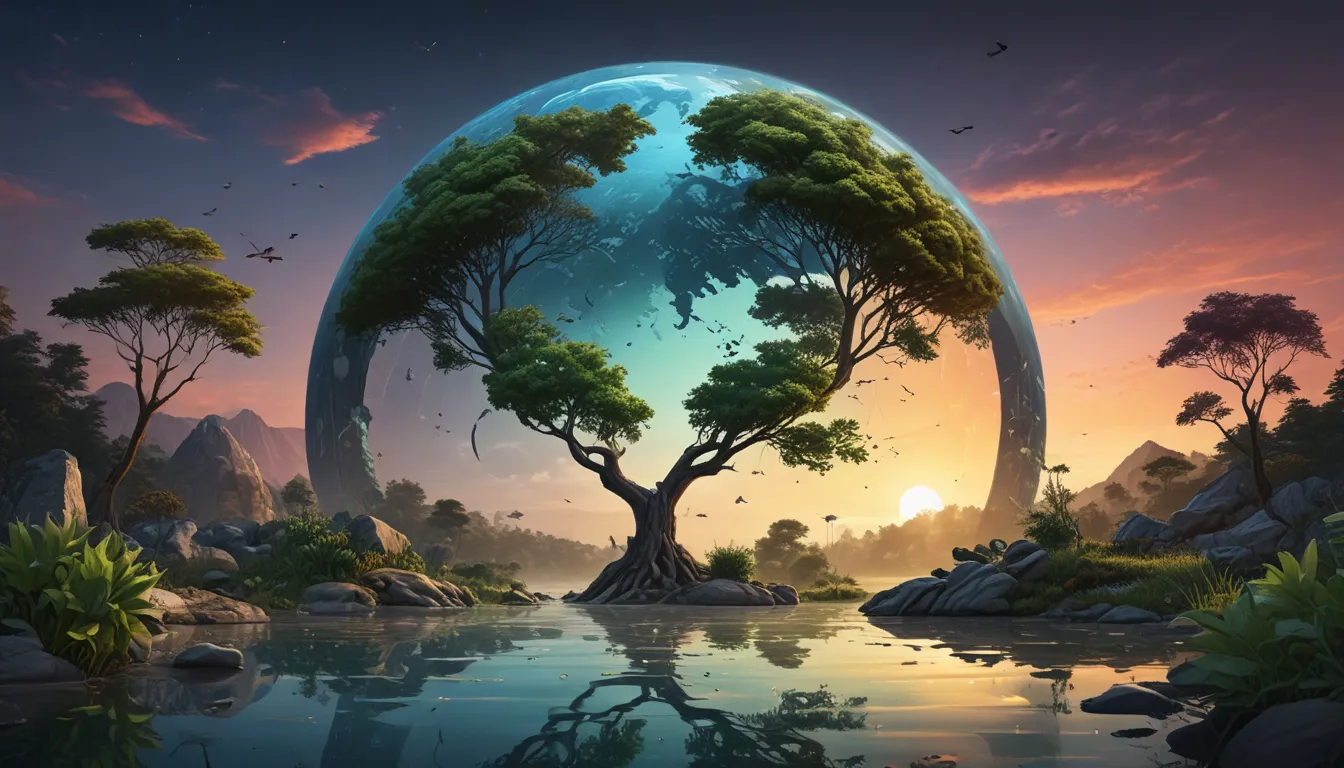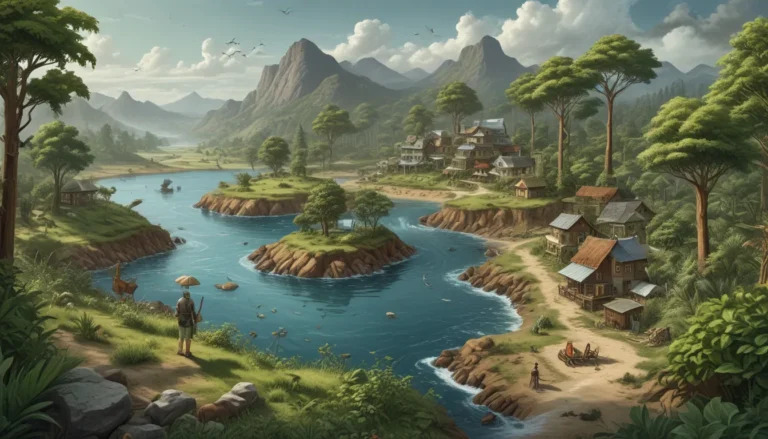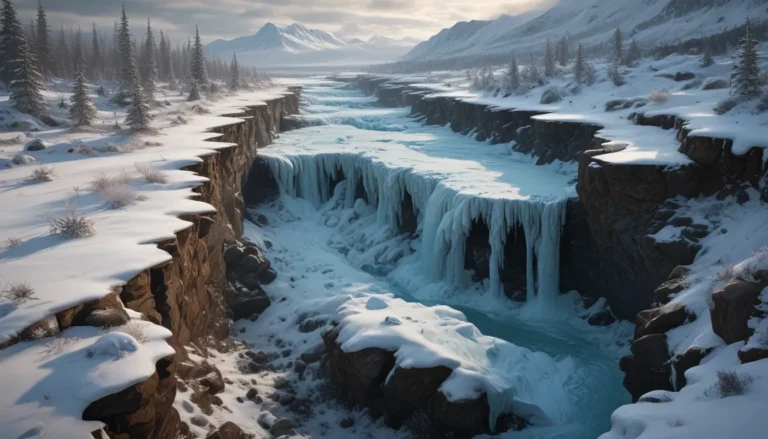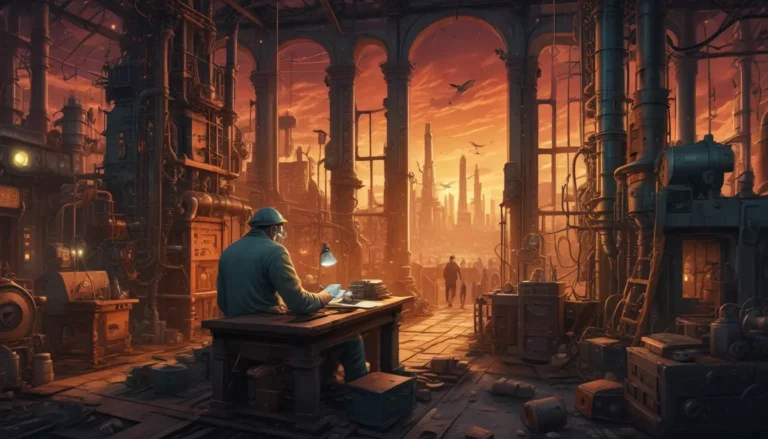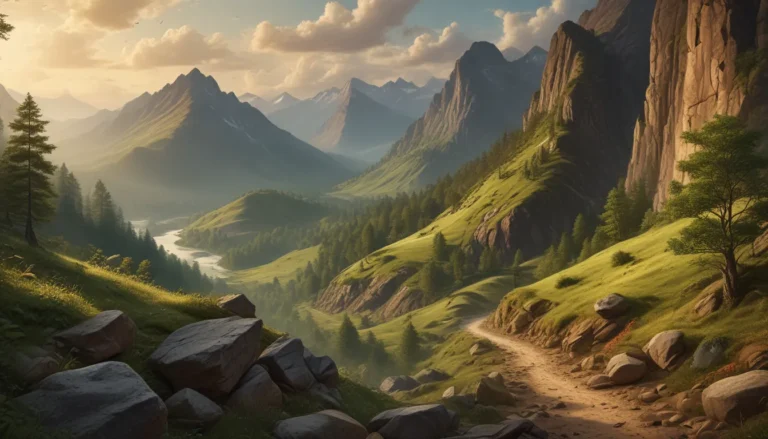A Note About Images: The images used in our articles are for illustration purposes only and may not exactly match the content. They are meant to engage readers, but the text should be relied upon for accurate information.
In a world where conservation plays a vital role in protecting our environment and ensuring a sustainable future, there are some astonishing facts that emphasize the urgency of action. From the critical decline of endangered species to the alarming rate of deforestation, these facts shed light on the challenges we face and the efforts required to overcome them. In this article, we will delve into nine incredible insights about conservation that will not only educate and inspire but also underscore the profound impact each of us can make in safeguarding our planet.
The Amazon Rainforest: The Lungs of the Earth
The Amazon Rainforest, often referred to as the “Lungs of the Earth,” spans over 5.5 million square kilometers and produces 20% of the world’s oxygen. Home to an estimated 400 billion individual trees representing thousands of species, it plays a crucial role in regulating the planet’s climate and supporting diverse life forms.
Forests: Biodiversity Hotspots
Approximately 80% of Earth’s biodiversity is found in forests. These ecosystems provide habitats for countless plant and animal species, making them essential for maintaining a balanced ecosystem. Preserving and protecting forests is vital for ensuring the survival of various species and the overall health of our planet.
Ocean Pollution: A Threat to Marine Life
The accumulation of plastic waste, chemical pollutants, and oil spills in our oceans poses a significant threat to marine life. With around 8 million metric tonnes of plastic entering the ocean annually, both marine animals and ecosystems suffer the consequences of this pollution.
Climate Change: The Melting Glaciers
Rising global temperatures accelerate the melting of glaciers, impacting freshwater sources and serving as indicators of climate change. The loss of glaciers has far-reaching implications for water supplies, biodiversity, and the stability of ecosystems, emphasizing the urgent need to address climate change.
Deforestation: A Contributor to Greenhouse Gas Emissions
Deforestation, through activities like agriculture, logging, and urbanization, releases large amounts of carbon dioxide into the atmosphere. This contributes to the greenhouse effect and climate change. Protecting and restoring forests is crucial in reducing emissions and mitigating the impacts of climate change.
Species Extinction: A Result of Human Activities
Over 1 million species are at risk of extinction due to human activities such as habitat destruction, pollution, climate change, and illegal wildlife trade. Conservation efforts play a critical role in preserving biodiversity and ensuring the survival of vulnerable species.
Water Scarcity: A Global Challenge
Water scarcity affects over 2 billion people worldwide, driven by factors like increased demand, pollution, and climate change. Sustainable water management practices are essential for ensuring water security for future generations and addressing this pressing global issue.
Renewable Energy: A Key to Reducing Carbon Emissions
Transitioning from fossil fuels to renewable energy sources like solar and wind power can significantly reduce carbon emissions. Embracing clean energy technologies is essential for mitigating climate change and achieving a sustainable future for all.
Economic Benefits of Conservation Efforts
Investing in conservation activities not only protects natural resources and preserves biodiversity but also creates jobs, boosts tourism, and promotes sustainable economic growth. Conservation initiatives have positive impacts on both the environment and local communities.
Conclusion: A Call to Action for Conservation
Conservation is a crucial component in preserving our planet and its resources for future generations. The incredible insights discussed above underscore the importance of sustainable practices and environmental awareness. It is imperative for individuals, communities, and governments to collaborate and implement effective conservation measures to safeguard our ecosystems, protect endangered species, and ensure a sustainable future for all.
FAQs: Your Guide to Conservation
- What is conservation? Conservation refers to the practice of protecting and preserving natural resources and ecosystems for the sustainability of future generations.
- Why is conservation important? Conservation maintains ecosystem balance, protects biodiversity, mitigates climate change, and ensures vital resources like clean air and water.
- How can individuals contribute to conservation? Individuals can reduce their carbon footprint, support sustainable consumption, conserve water, and volunteer for environmental organizations.
- What role does renewable energy play in conservation? Renewable energy reduces greenhouse gas emissions and decreases dependence on finite fossil fuels, supporting conservation efforts.
- How can governments promote conservation? Governments can implement environmental policies, support renewable energy initiatives, designate protected areas, fund conservation projects, and promote environmental education.
As we strive towards a more sustainable future, let’s remember that each of us has a role to play in conservation. By joining forces and taking action, we can protect our planet and ensure a thriving environment for generations to come. Let’s make a difference together!
